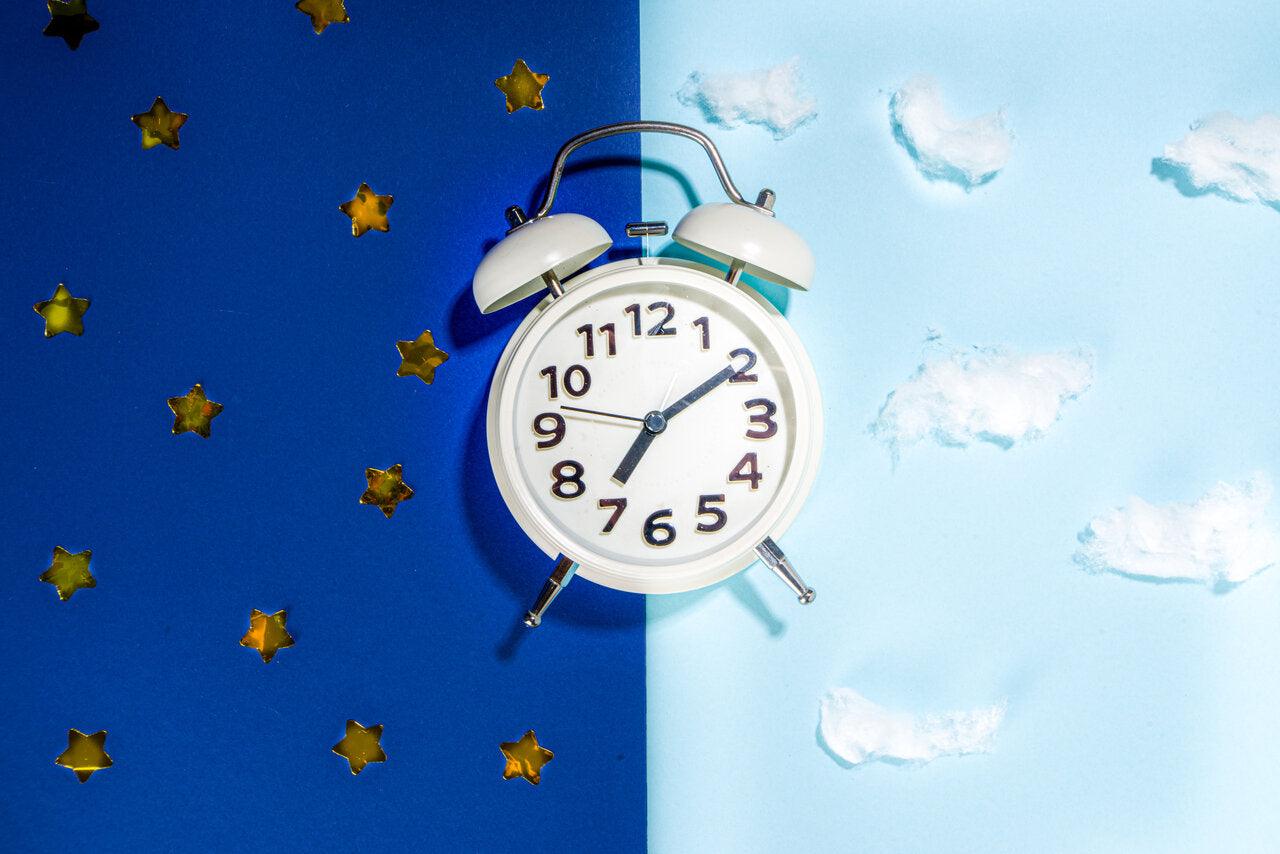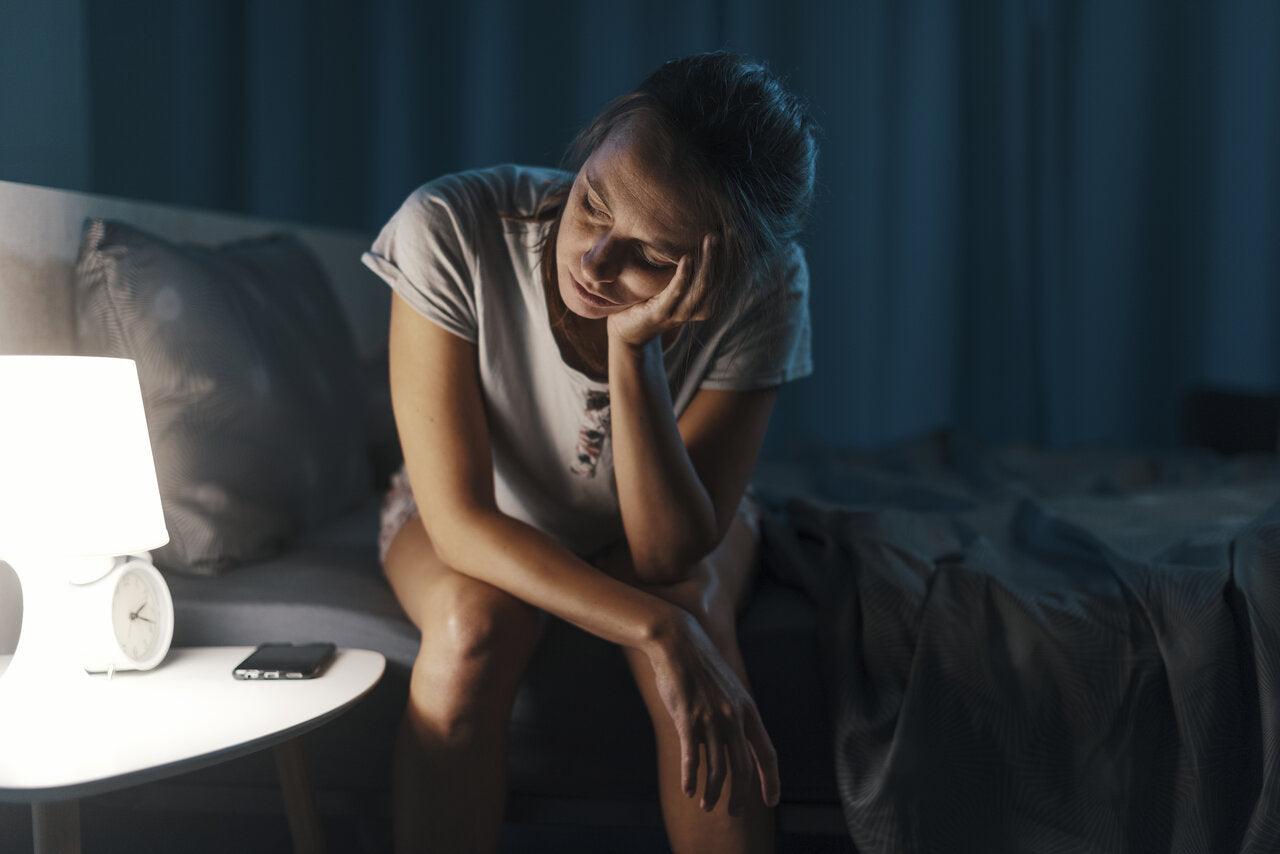You may have heard of the body’s Circadian Rhythm, although we won’t be alarmed if many of you haven’t! While you don’t actually hear it tick, your body has its own silent clock. The Circadian Rhythm is the human body’s internal biological clock that regulates certain functions over an approximate 24 hour period – circadian is Latin for “around a day”.
We say approximately 24 hours as the human body isn’t quite as accurate as Big Ben or as precise as the 24 hour lunar clock which the earth kindly provides to us.
In fact the Circadian Rhythm is around 24 hours and 15 minutes and requires regular environmental time-cues (such as sunrise and sunset) in order to maintain a 24 hour day/night cycle. This may be why people who work night shifts have a higher chance of suffering from insomnia, as they rarely see daylight and this alters the natural body clock.
The Circadian Rhythm plays a big role in your body and is associated with hormone activity, appetite, body temperature, urine production, changes in blood pressure and cell regeneration. If your Circadian Rhythm is not functioning correctly, it can play a significant role in disrupting your sleep cycle.

Simply put, the Circadian Rhythm keeps you awake during the daytime and asleep at night. It’s therefore so important for getting a good night’s sleep as well as feeling awake and alert during the day.
Your body is wired to sleep when it’s dark and stay awake when it’s light outside. When daylight fades, your eyes signal your brain to make more melatonin, a hormone that makes you feel sleepy.
And when the sun rises again, the signals tell the brain to turn down the melatonin to wake the body up – clever stuff right! This is why clocks that have a sunrise alarm to wake you rather than an awful buzzer can help, especially on the dark winter days when you really don’t feel like getting out of bed.

What’s Your Chronotype?
We each have our own personal Circadian Rhythms, also known as your chronotype, that varies from person to person. Your chronotype isn’t set in stone, though as Circadian Rhythms naturally change as you age. For example, the body clock shifts during adolescence, making teens want to go to bed later and sleep longer than younger children.
Circadian Rhythms Out of Sync
As with many body functions, your Circadian Rhythm can get out of alignment for a variety of reasons, which can lead to sleep disorders such as insomnia. When your internal rhythm is off, it can affect your sleep as well as your wake time. To get good, healthy sleep, it helps to know what keeps your body’s clock on track and what might throw its rhythm off, especially as small changes can upset your circadian rhythm.
Some typical examples which can negatively impact your Circadian Rhythm are
Jet lag:
this is probably one of the best known Circadian Rhythm disorder and occurs when you pass through different time zones, you can adjust your watch but not your body clock. The more time zones you pass through, the more off you may feel. Your body clock will reset to the new time you’re in, but it can take a few days and there are tips on how to achieve this which we will include in another blog. In most cases jet lag is temporary and regular sleep patterns do return.
Extra sleep:
Your body clock works best when you stick to a schedule. In an ideal world, you’ll go to sleep and wake up within a half hour of the same time each day, even on weekends. People who take naps at different times, or have lie ins at the weekend have a tendency to impact their Circadian Rhythm. So when you think you’re helping your tiredness by going back to sleep on weekends, you’re actually disrupting your body clock even more.
Newborn Baby:
Needless to say your sleep and wake times will materially change when you have a newborn baby in the house, trust us, it will get better once your baby sleeps through the night, honest!
Night shifts:
If you work nights, you’ll need to sleep during the day. This can be tough since your body is programmed to be awake when it’s light outside. Over time, you can start to have what’s called shift work disorder. You’ll find it hard to stay awake at night, yet struggle to sleep during the day. Naps during the day or your night shift can help.
So if you think your Circadian Rhythm has gone rogue and you need some , make sure you follow our top tips on ensuring you have a healthy bedtime routine to get back on track!
Sleep Happy!
LINKS:
- Sunrise lamps : https://www.lumie.com/collections#wake-up-lights
- Circadian Rhythm: https://en.wikipedia.org/wiki/Circadian_rhythm



